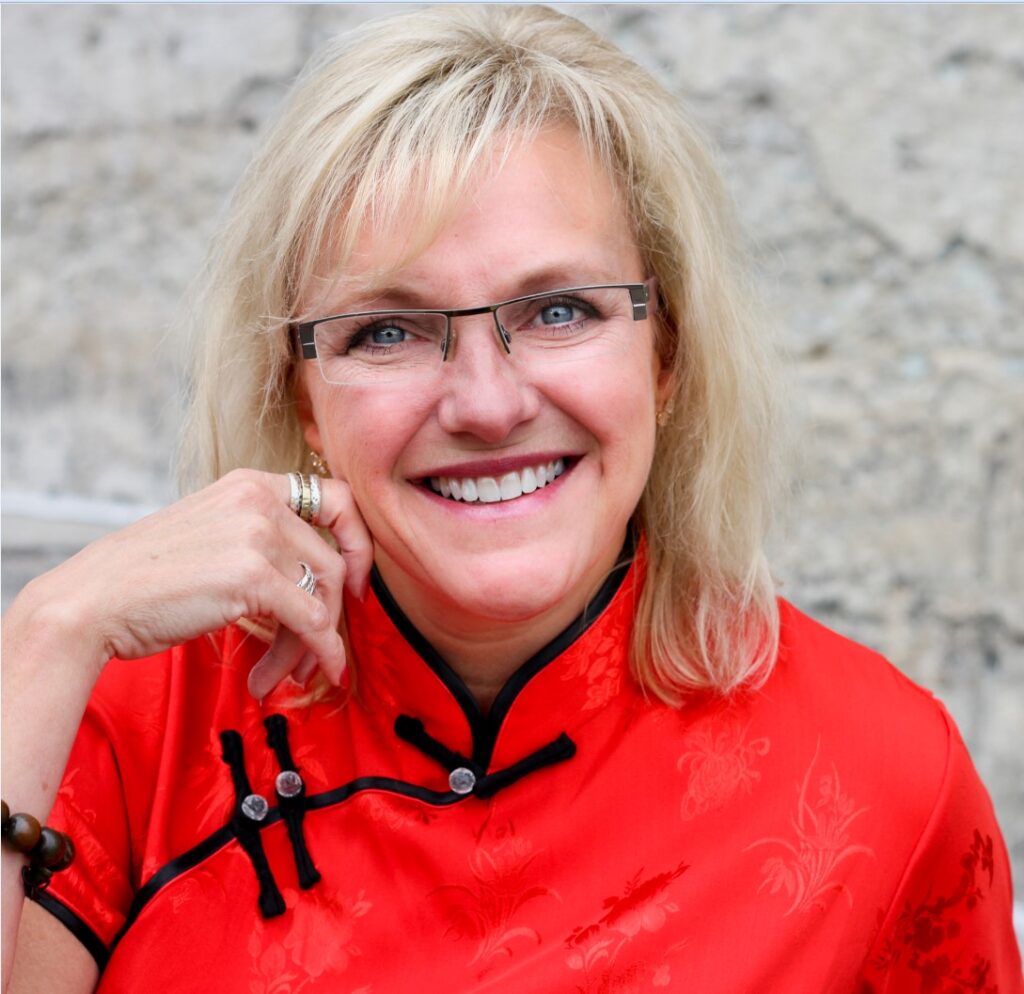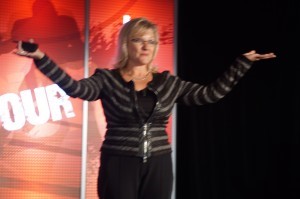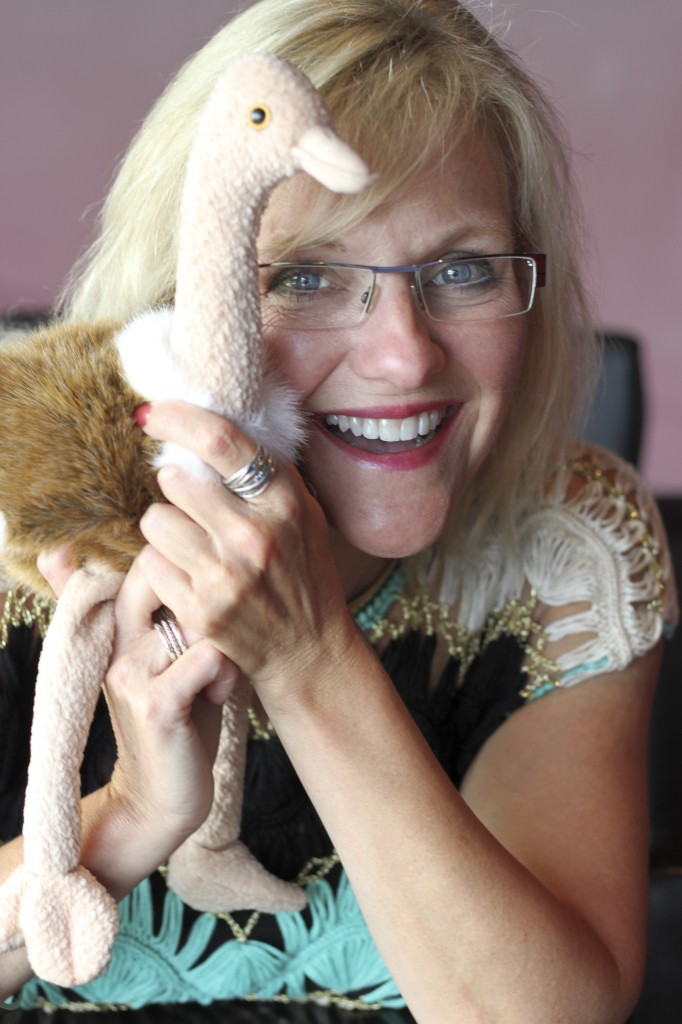We aim to help companies bring out the best in their employees and succeed by providing insightful keynotes.
Amy S. Tolbert, Ph.D., CSP, earned a Certified Speaking Professional (CSP) designation with the National Speaker’s Association. The CSP is the speaking profession’s international measure of experience and skill. Fewer than 10 percent of the speakers who belong to the International Federation for Professional Speakers hold this professional designation.

During this session, keynote speaker Dr. Amy S. Tolbert uses audience activities in a motivating, inspirational, life-changing (okay—educational and informative, too) session!
This keynote session is designed to be educational and informative, featuring audience activities. It aims to develop leadership communication strategies to increase performance and bottom-line results using DiSC®.

When you open your mind, you open your world.

